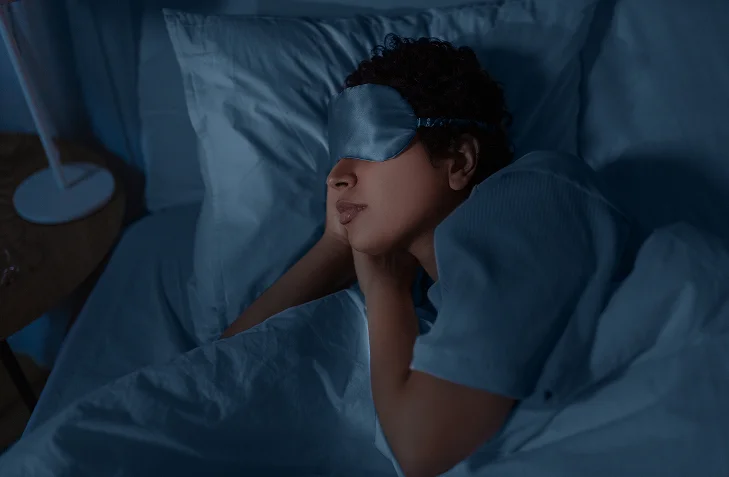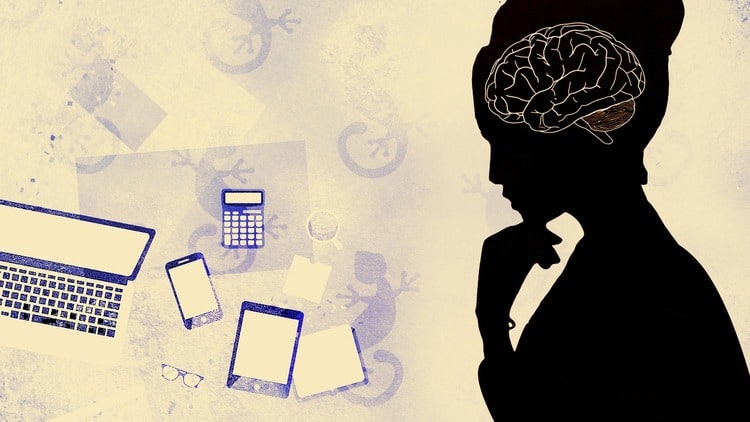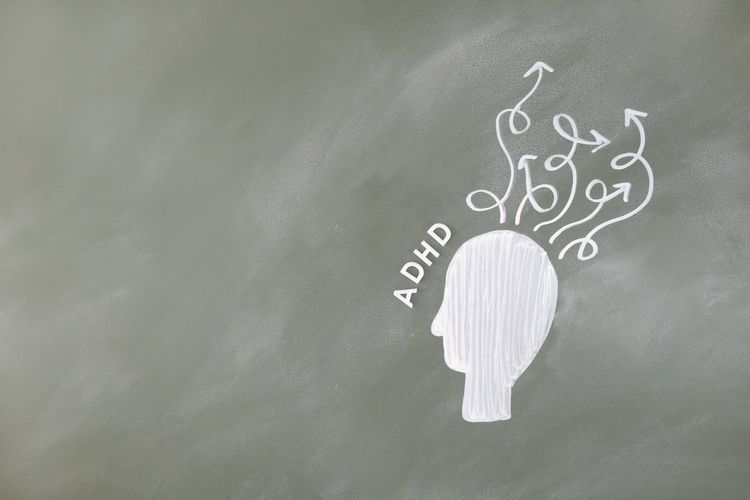ADHD: Symptoms, Signs, Treatment
Home » Psychiatric Conditions & Mental Health Issues We Treat » ADHD: Symptoms, Signs, Treatment
At Arcara Personalized Psychiatry in Boston and Westborough, Massachusetts, we provide ADHD treatment for children, teens, and adults through assessment, medication support, and therapy. Our goal is to improve focus, daily functioning, and overall quality of life with individualized care.
What Is ADHD?
ADHD (attention-deficit/hyperactivity disorder) is a condition that affects how the brain controls attention, activity levels, and impulse reactions. It can make school, work, relationships, and emotions harder to manage.
ADHD often starts in childhood, but some people are not diagnosed until they are older. Many adults with ADHD learned to cope with symptoms without knowing the cause.
A proper ADHD diagnosis takes time. It usually includes an in-depth psychiatric evaluation. This helps rule out other conditions like anxiety, mood disorders, or learning disabilities. Your provider may ask about your past, family history, and daily challenges to understand how symptoms affect your life.


What Causes ADHD?
ADHD is not caused by bad parenting or lack of discipline. Research shows that genetics and brain development play major roles. About 30 to 40 percent of people with ADHD have a family member with the same condition. Brain studies also show differences in areas that control planning, attention, and impulse control.
Types of ADHD
A complete ADHD diagnosis includes identifying the type, which guides treatment:
Inattentive ADHD:
Trouble concentrating or staying focused, disorganization, forgetfulness, careless mistakes.
Hyperactive/Impulsive ADHD:
Restlessness, fidgeting, excessive talking, interrupting others, difficulty waiting.
Combined ADHD:
Affected individuals experience a mix of inattentive and hyperactive/impulsive symptoms.
Unspecified ADHD:
Symptoms cause difficulty but do not neatly match one subtype or lack full diagnostic clarity.

Symptoms of ADHD
ADHD affects children and adults differently, but common symptoms include:
- Short attention span and frequent distraction
- Forgetting or losing items
- Struggling with multi-step tasks
- Switching tasks often without completion
- Restlessness or fidgeting
- Talking excessively or interrupting
- Acting without considering consequences
These symptoms may affect school performance, work consistency, social interactions, and emotional regulation. The way these signs appear can change with age, which is why it helps to look at ADHD symptoms by age group.

ADHD Signs in Kids
Common signs in children may include:
- Difficulty staying focused during play or homework
- Short attention span and frequent daydreaming
- Restlessness or difficulty sitting still
- Excessive running, climbing, or loud behaviors
- Talking out of turn or interrupting others

ADHD Signs in Teens
As responsibilities grow, ADHD may appear as:
- Trouble finishing schoolwork or chores
- Poor time management and organization
- Avoiding mentally demanding tasks
- Mood swings and frustration
- Social conflict or risky behavior
- Possible substance use concerns

ADHD Signs in Adults
Adult ADHD can include:
- Difficulty meeting work or academic expectations
- Mental fatigue and low self-esteem
- Struggles with deadlines and follow-through
- Relationship stress with family or coworkers
- More frequent accidents due to inattention
Differences in ADHD in Adults
Adults often develop coping strategies that mask symptoms, making diagnosis harder. When untreated since childhood, ADHD can continue into adulthood alongside conditions like depression or dyslexia.
Is There a Connection Between ADHD and Anxiety?
People with ADHD often experience anxiety because daily tasks can feel overwhelming and hard to manage. Ongoing stress from focus and organization challenges can trigger worry and tension over time.
Is There a Connection Between ADHD and Depression?
When ADHD is not treated, it may lead to frustration, low motivation, and a drop in self-esteem. These ongoing struggles can increase the risk of developing depression.
Treatment Options for ADHD
ADHD treatment often combines evaluation, therapy, medication, and lifestyle support. At Arcara Personalized Psychiatry, we create a plan that matches your needs and daily challenges.
Assessment and Diagnosis
- Psychiatric Assessment: A detailed interview helps review your symptoms, history, and how ADHD affects your daily activities.
- Cognitive Testing: Structured tests measure attention and executive function to identify areas of impairment.
Therapy and Skills
- Cognitive-Behavioral Therapy (CBT): Focuses on time management, task planning, and reframing unhelpful thoughts.
- ADHD Skills Training: Builds practical strategies for organization, routines, and emotional control.
- EMDR Therapy: Supports individuals with trauma or PTSD, which may contribute to distraction or emotional dysregulation.
Medication
- Medication Management: Stimulant and non-stimulant medications are adjusted and monitored to improve focus and reduce impulsivity.
Lifestyle and Self-Care
- Lifestyle Suggestions: Healthy sleep patterns, exercise, balanced nutrition, reduced digital overload, and mindfulness tools support long-term progress.
Example of a 12-Week ADHD Treatment Schedule
| Week | Focus | Typical Activities |
|---|---|---|
| Week 0–1 | Assessment + Medication Review | Evaluation, symptom scales, cognitive testing, initial medication if indicated |
| Weeks 1–4 | CBT + Skills Training 1–2 | Focus planning, time management, task completion tools, distraction reduction |
| Weeks 5–8 | Skills + Lifestyle Support | Routine building, sleep hygiene, exercise habits, medication adjustment |
| Weeks 9–12 | Consolidation + Long-Term Plan | Review progress, relapse-prevention strategies, optional re-testing, booster schedule |

What Successful ADHD Treatment Looks Like
- Improved attention and task completion
- Lower impulsivity and procrastination
- Better sleep and structured routines
- Enhanced performance at work or school
- More stable moods and relationships
- Stronger self-confidence and daily satisfaction
ADHD Treatment Benefits
Choosing ADHD therapy in Boston or ADHD treatment in Massachusetts at Arcara offers:
- Personalized care plans
- In-person or online ADHD therapy in Massachusetts
- Longer first appointments to understand your needs
- Ongoing support from ADHD specialists in Boston
- Medication reviews with close monitoring
- Skills-based tools you can apply in everyday life

Request an Appointment
We have offices in Westborough and Boston. Fill out our online intake form or call us directly.
Contact Form
FAQs
What’s the difference between ADHD and ADD?
ADD is an outdated term once used for inattentive ADHD without hyperactivity. Today, it is included under ADHD.
What is the 30% rule of ADHD?
People with ADHD may show a developmental delay in executive functioning by about 30 percent compared to peers.
What are the most effective treatments for ADHD?
The most effective ADHD treatments combine cognitive-behavioral therapy, ADHD skills training, medication management, and lifestyle therapy.
Do I need medication, or can ADHD be treated without meds?
Some people improve with therapy and skills alone, but many benefit from medication as part of a combined plan.
Do you prescribe stimulants, and do you offer telehealth follow-ups?
Yes. We prescribe stimulants when appropriate and provide telehealth follow-ups for convenience.
How much is ADHD medication in the USA?
Costs vary depending on brand, insurance, and dosage. Generic options are often more affordable.
How are ADHD medications monitored?
Regular appointments track effectiveness, dosage needs, and any side effects for safe ongoing use.
Is ADHD legally a disability in the USA?
Yes. ADHD may qualify as a disability under the ADA if it significantly limits major life activities.
What are the hidden dangers of ADHD medications?
Medication is safe when overseen by professionals. Misuse or unsupervised use can increase risks like insomnia or high blood pressure.
See Our Tips and Resources for ADHD
Attention-deficit/hyperactivity disorder (ADHD) is characterized by a lack of concentration and high energy levels. The symptoms can be overwhelming in some people, making it impossible...
It’s not easy to live with ADHD. ADHD is characterized by impulsivity, hyperactivity, restlessness, forgetfulness, and inattention. A child with ADHD can try a parent’s...
Attention Deficit Hyperactivity Disorder (ADHD) is a neurodevelopmental disorder commonly diagnosed during childhood. Children with ADHD may have difficulty paying attention, regulating impulsive behaviors or...


